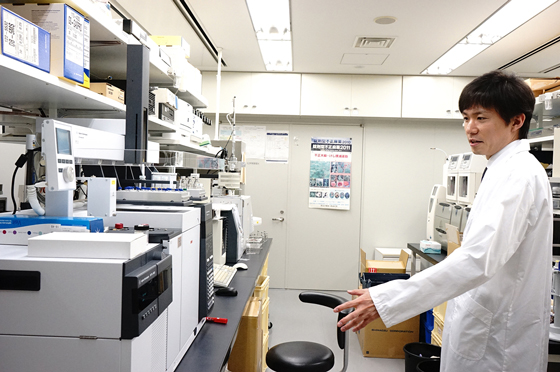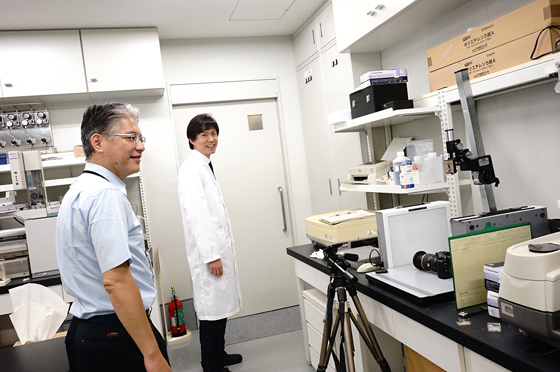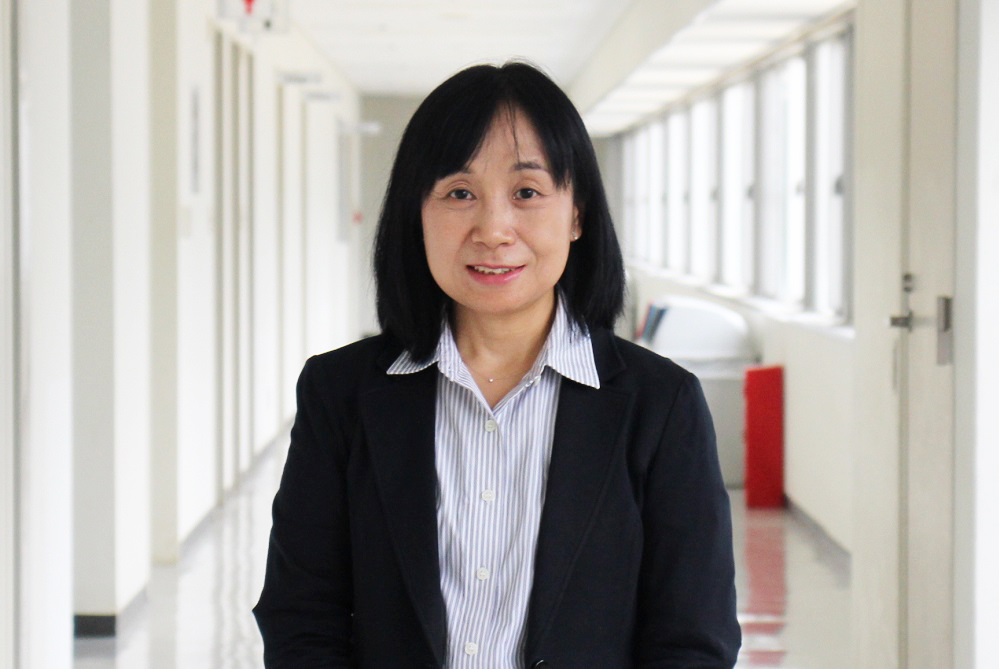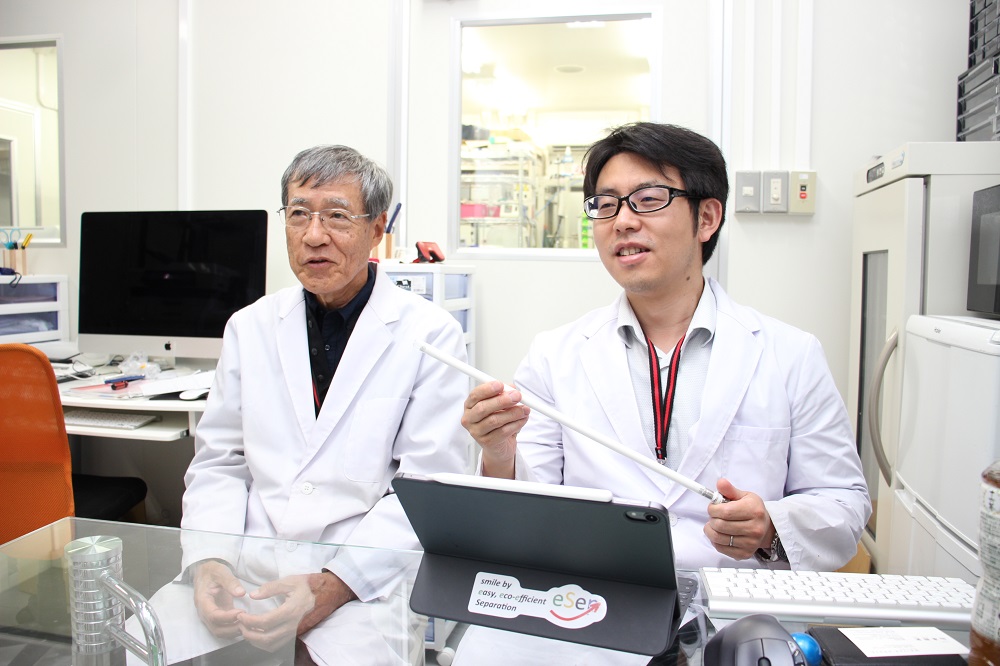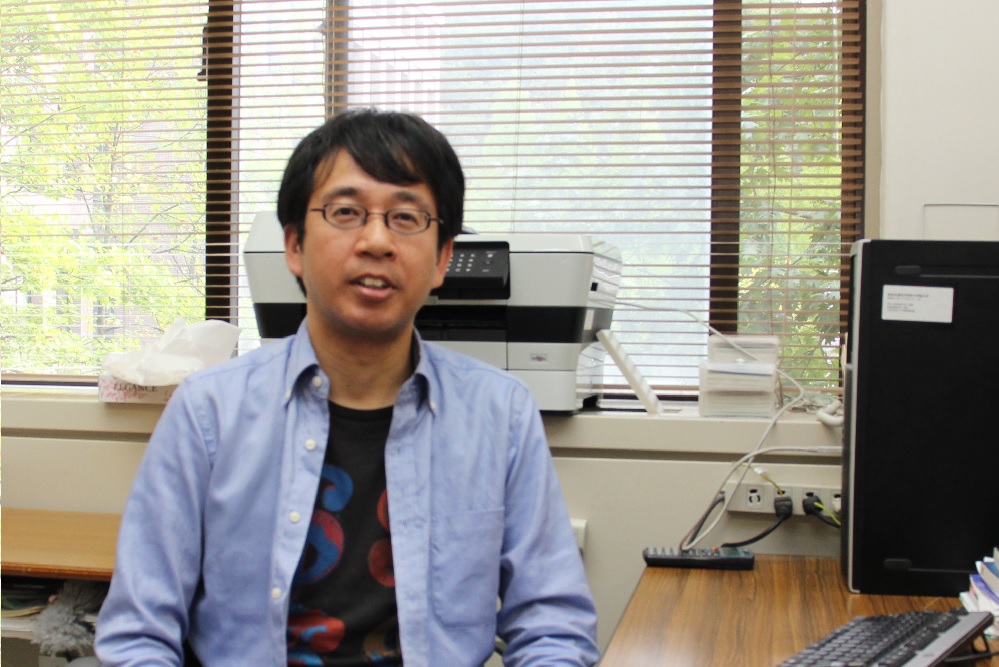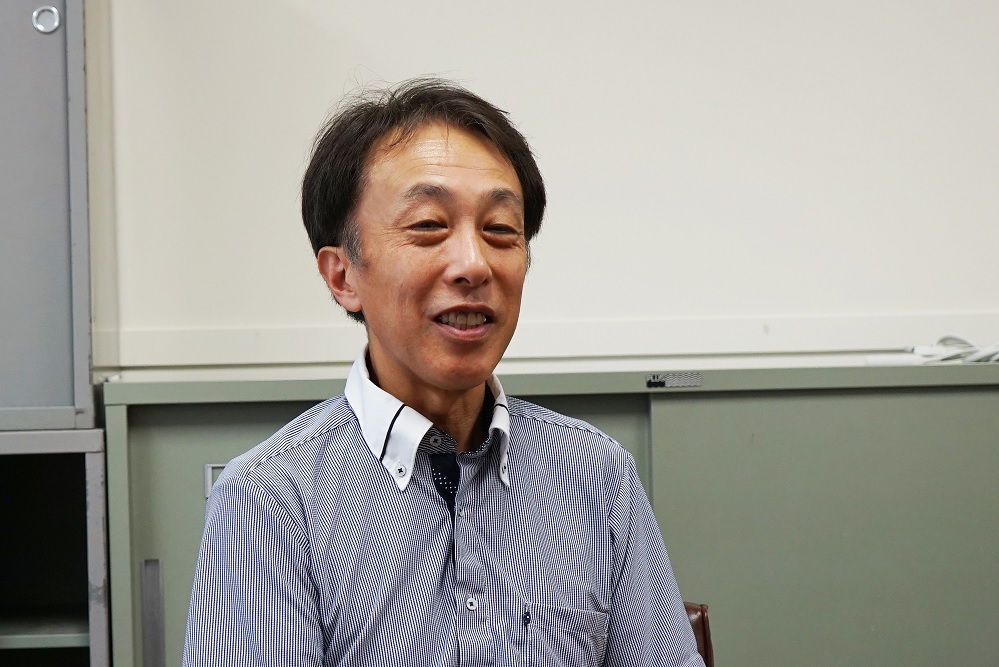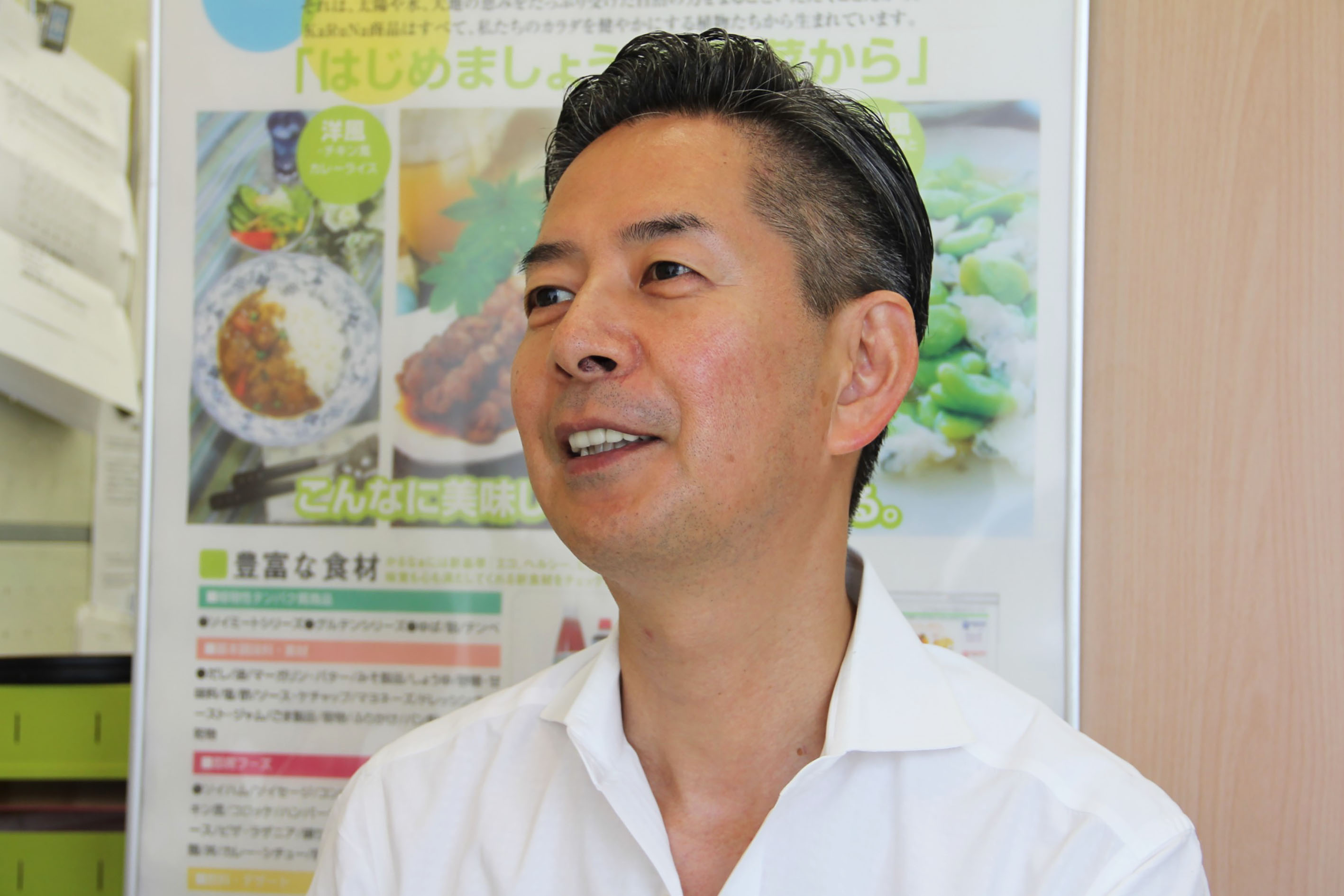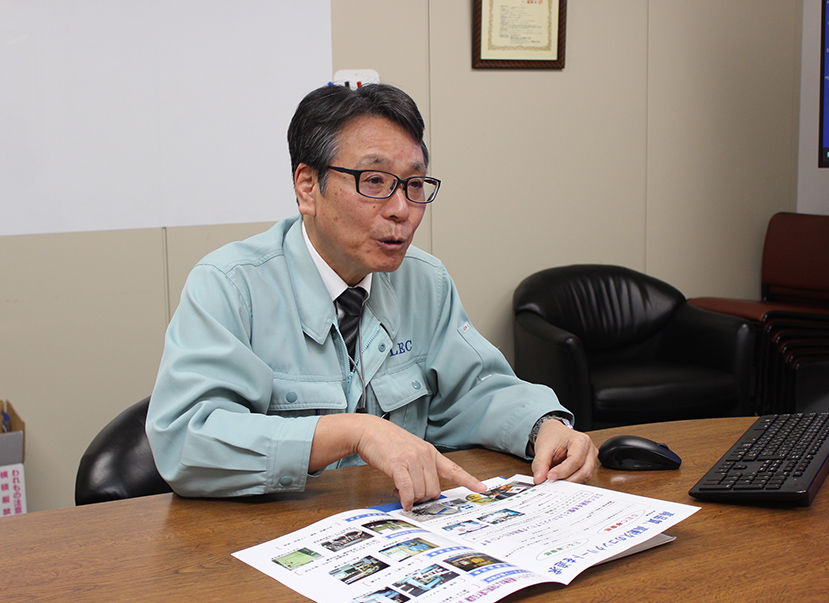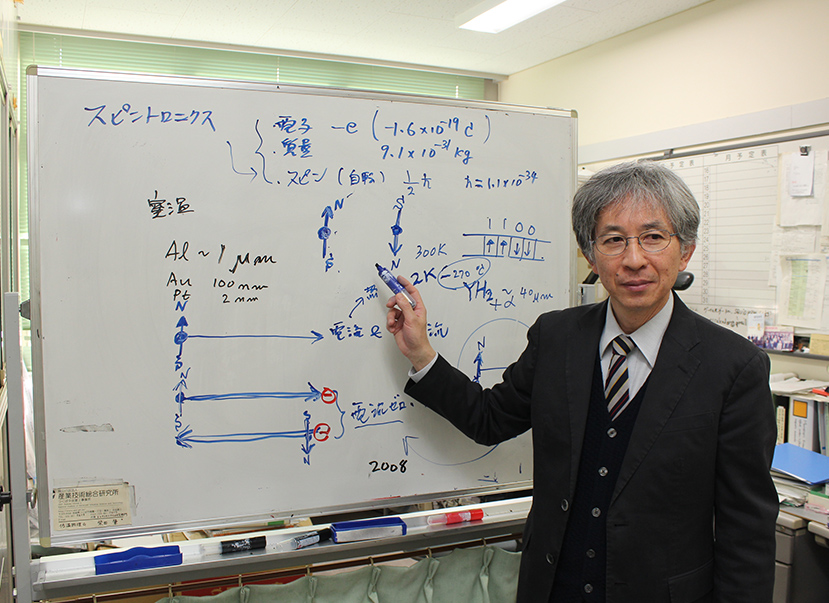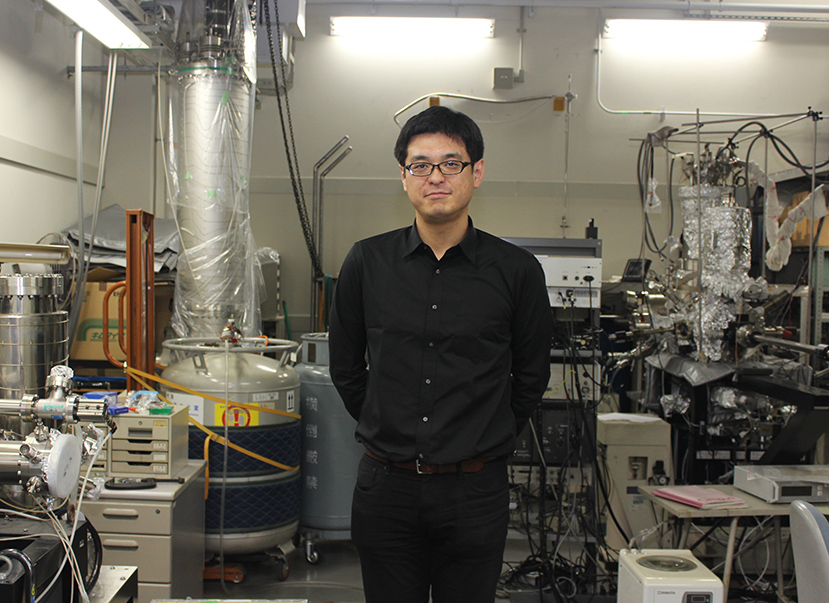User Interview
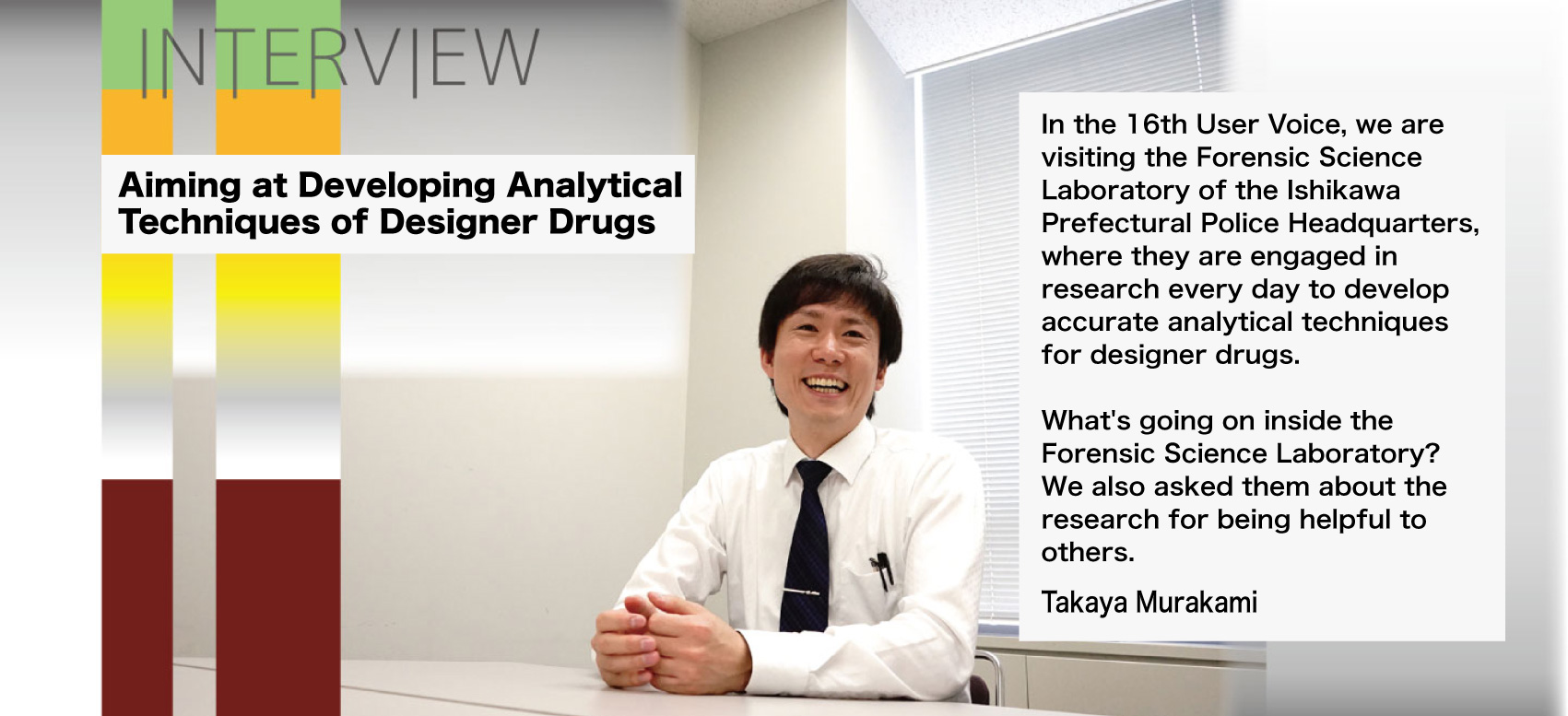
―First, tell me about the Forensic Science Laboratory and your duties.
In the Forensic Science Laboratory, other than the Chemistry Team, where we are assigned, we have the Forensic Medicine Team, Physics Team, Document Team and Psychology Team. The Chemistry Team is responsible for analyses of chemistry and related research.
―What types of substances are you dealing with?
We analyze a variety of different substances, including stimulant drugs and other narcotics that can be abused, poisonous and deleterious substances like agricultural chemicals or cyanide, and automotive paint and fibers. The most prevalent substances are drugs and other substances that can be abused. We perform more than 1,000 analyses annually at the Forensic Science Laboratory of the Ishikawa Prefectural Police Headquarters.
―Speaking of drugs that can be abused, designer drugs had been reported in the news almost every day a while ago and they are grouped in that category, aren’t they?
Yes, they are. Since designer drugs became widespread, more than 2,000 substances were newly listed for a short time as designated controlled drugs by laws and regulations in order to clamp down on the use of such illegal drugs. So, it became very hard for us to perform analyses.
For some designated drugs, whether they are subject to laws and regulations or not is dependent on slight differences in their structures, for example, only the ortho and para isomers are controlled but the meta isomers are not. Accordingly, in drug analyses, we should assume all types of structural isomers and perform in-depth structural analyses to identify the accurate chemical structure.
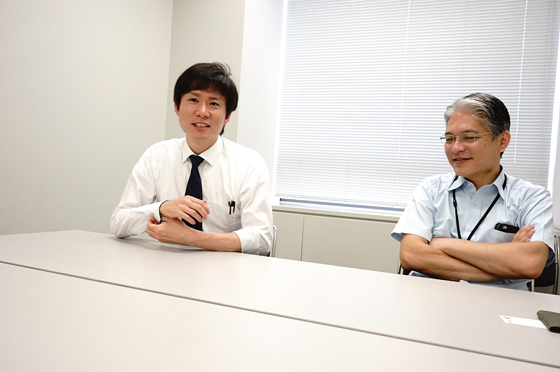
―Not Only Analyses But Also Research Related to Scientific Investigations ―
―I didn’t know that the Forensic Science Laboratory had research subjects and were doing research.
Of course, our main duty is the analysis of confiscated drugs and goods. However, with the goal of establishing better analytical techniques, each of us has a research subject at the same time so thus we also do such research. I do not think it is generally well known, though.
In the Forensic Science Laboratory, we generally identify drugs by chromatography-mass spectrometry (GC-MS or LC-MS). However, because many types of designated drugs were added, we started to see many compounds that had not been registered within the database. Although we can also perform a structure analysis using nuclear magnetic resonance (NMR), the method is not often used to analyze drugs because the samples we often handle contain only minute amounts of the drug or contain substantial amounts of foreign substances because of the characteristics of the drugs.
The Forensic Science Laboratory plays a role in urgent criminal investigations. Therefore, prompt, detailed, and accurate analyses are required. Currently, I am promoting the development of a method of analysis that can identify the ingredients in designer drugs with mass spectrometry in a prompt, detailed, and accurate way. In this situation, we receive support for organic synthesis from the Nanotechnology Platform.
―Use the Nanotechnology Platform
There is no synthesis specialist at the Forensic Science Laboratory of the Ishikawa Prefectural Police Headquarters. Since organic synthesis requires expertise and carries some risk, we were not able to easily introduce it into our research. With the Nanotechnology Platform (Institute for Molecular Science), we were taught the pathway and approach for synthesizing chemical compounds that we were unable to successfully synthesize. That made it possible to accelerate our research and publish papers. Small institutes like ours can only cover limited research fields and they provided supports for this part. It was very helpful.
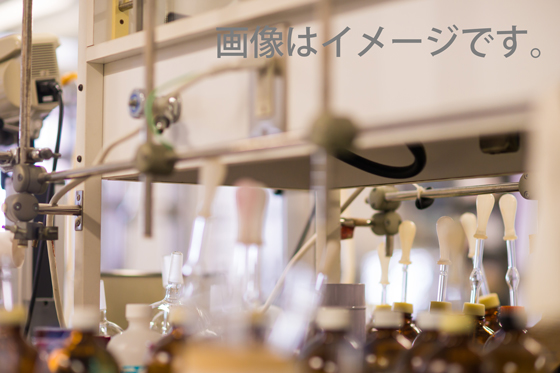
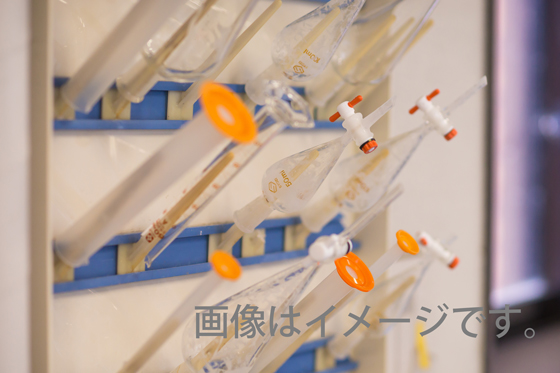
―What is the Significance of Papers Written by the Forensic Science Laboratory in Scientific Magazines? ―
As the Forensic Science Laboratory, we are sometimes summoned to appear in court and required to verify the analysis results and our conclusions. In this case, we must provide evidence to prove the validity of the method of analysis and the validity of the results and conclusions. One of the evidence documents is a scientific paper that has been reviewed by a third party. It is important that the method is not for self-satisfaction but based on appropriate scientific proof.
We must always provide the best analysis according to changes in society and must not continue using one method of analysis in an indiscriminate way. Therefore, doing research and presenting the results in a paper is important. No matter how innovative the methods we develop, if they are not put together in a final paper report, the research will not contribute to society, and it almost comes to the point that it is for us only. Writing papers has many benefits in that other researchers can share the outcomes.
―About the future goals
Our analysis can seriously affect people’s lives. If the result of our analysis is wrong, one person’s life may be ruined. Keeping this in mind, we must do our duty wholeheartedly and faithfully. Of course, I continue to work for the safety and security of the people of the prefecture, but actually, it is because I enjoy my research. I am going to enter a university as a mature student this autumn. So I would like to continue research unique to the Forensic Science Laboratory in coordination and collaboration with the Nanotechnology Platform and other universities.
